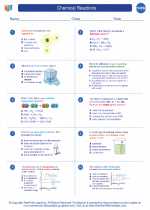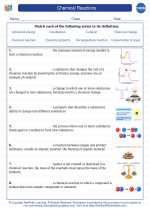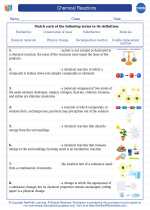Introduction to Plants
Plants are multicellular organisms belonging to the kingdom Plantae. They are essential for life on Earth as they are the primary producers, converting sunlight into energy through the process of photosynthesis. Plants are a diverse group of organisms that include familiar organisms such as trees, flowers, grasses, and shrubs.
Structure of Plants
Plants have a hierarchical organization, with various structures that serve specific functions:
- Roots: The roots anchor the plant in the soil and absorb water and nutrients from the ground.
- Stems: The stems provide support for the plant and serve as a conduit for the transportation of water, nutrients, and sugars.
- Leaves: Leaves are the primary site for photosynthesis, where they absorb sunlight and carbon dioxide to produce sugars.
- Flowers: Flowers are the reproductive structures of plants, producing seeds that can develop into new plants.
Plant Reproduction
Plants can reproduce sexually or asexually. Sexual reproduction involves the formation of seeds through the fusion of male and female gametes, while asexual reproduction can occur through processes such as vegetative propagation and cloning.
Plant Classification
Plants can be classified into various groups based on different criteria, including vascular vs. non-vascular plants, seed-bearing vs. non-seed-bearing plants, and flowering vs. non-flowering plants. The classification of plants helps scientists understand their evolutionary relationships and ecological roles.
Importance of Plants
Plants play a crucial role in the environment and human society. They produce oxygen, provide food, shelter, and medicine, and contribute to the regulation of the Earth's climate. Understanding the importance of plants is vital for conservation efforts and sustainable resource management.
Study Guide
To study the topic of plants effectively, consider the following key points:
- Learn the basic structure and function of plant parts such as roots, stems, leaves, and flowers.
- Understand the process of photosynthesis and the role of chlorophyll in capturing sunlight.
- Explore the different methods of plant reproduction, including sexual and asexual reproduction.
- Examine the classification of plants and the characteristics that define major plant groups.
- Research the ecological and economic importance of plants in sustaining life on Earth.
[Plant] Related Worksheets and Study Guides:
.◂Chemistry Worksheets and Study Guides High School. Chemical Reactions

 Worksheet/Answer key
Worksheet/Answer key
 Worksheet/Answer key
Worksheet/Answer key
 Worksheet/Answer key
Worksheet/Answer key
 Worksheet/Answer key
Worksheet/Answer key
 Worksheet/Answer key
Worksheet/Answer key
 Vocabulary/Answer key
Vocabulary/Answer key
 Vocabulary/Answer key
Vocabulary/Answer key
 Vocabulary/Answer key
Vocabulary/Answer key
